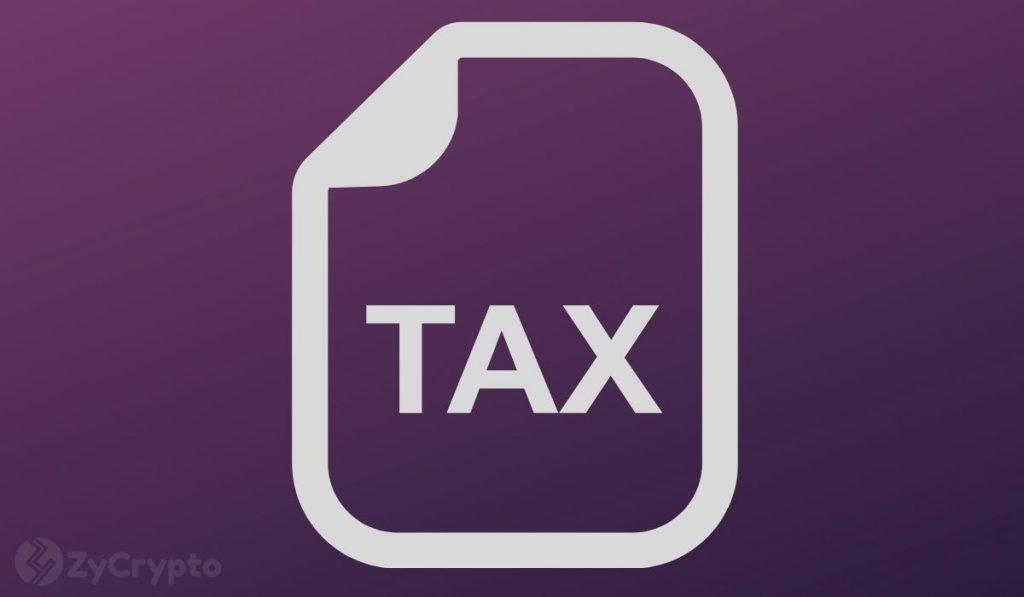The Internal Revenue Service (IRS) has accepted to refund $3,393 in income tax plus interest on the tax to a Nashville couple who remitted the tax on 8,876 Tezos tokens they had acquired through staking according to sources.
This comes after a protracted legal battle between the couple and the IRS where the couple challenges the taxman’s decision to tax their staking rewards albeit not having sold them. As per a May 2021 plaint, Joshua and Jessica Jarrett argued that they had obtained the tokens in 2019 by being validators on Tezo’s proof of stake blockchain.
Further, they argued that whereas the tokens can be sold or exchanged for other cryptocurrencies, fiat, goods or services, they had not sold or exchanged any of the tokens obtained through the staking enterprise.
“The federal income tax law does not permit the taxation of tokens created through a staking enterprise” they argued in the plaint.
“Mr Jarrett will realize taxable income when he first sells or exchanges the new property he created,” they added, “but the federal income tax law does not permit the taxation of the Jarretts simply because Mr. Jarrett created new property.”
 
 
On that note, the plaintiffs had urged the court to strike out the suit with costs and damages stating that the IRS sought “to use the federal income tax law to do something unprecedented, which is a tax creative activity rather than income.”
Amidst a raging regulatory debate on cryptocurrencies, taxing the nascent industry has been one of the hottest topics. With the tax filing season kickstarting in the U.S. last week, crypto users have been caught up in the middle as they battle it out with cherrypicked and unclear tax requirements by the taxman.
According to IRS Form 1040, the IRS has asked individuals who “received, sold, exchanged, or otherwise disposed of any financial interest in any virtual currency”, to declare their returns. However, there is some confusion since the IRS has in recent instructions defined a “transaction involving virtual currency” as one that includes the “the receipt of new virtual currency as a result of mining and staking activities” which contravenes the decision at hand.
That said, with crypto users expected to file their first tax returns this year, the Jarretts’ suit will be one of the most closely watched cases as users expect it to set a precedent which is also a step in the right direction for the general crypto regulation debate.


